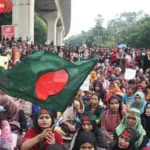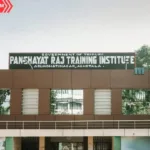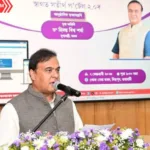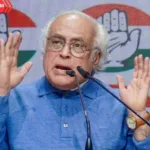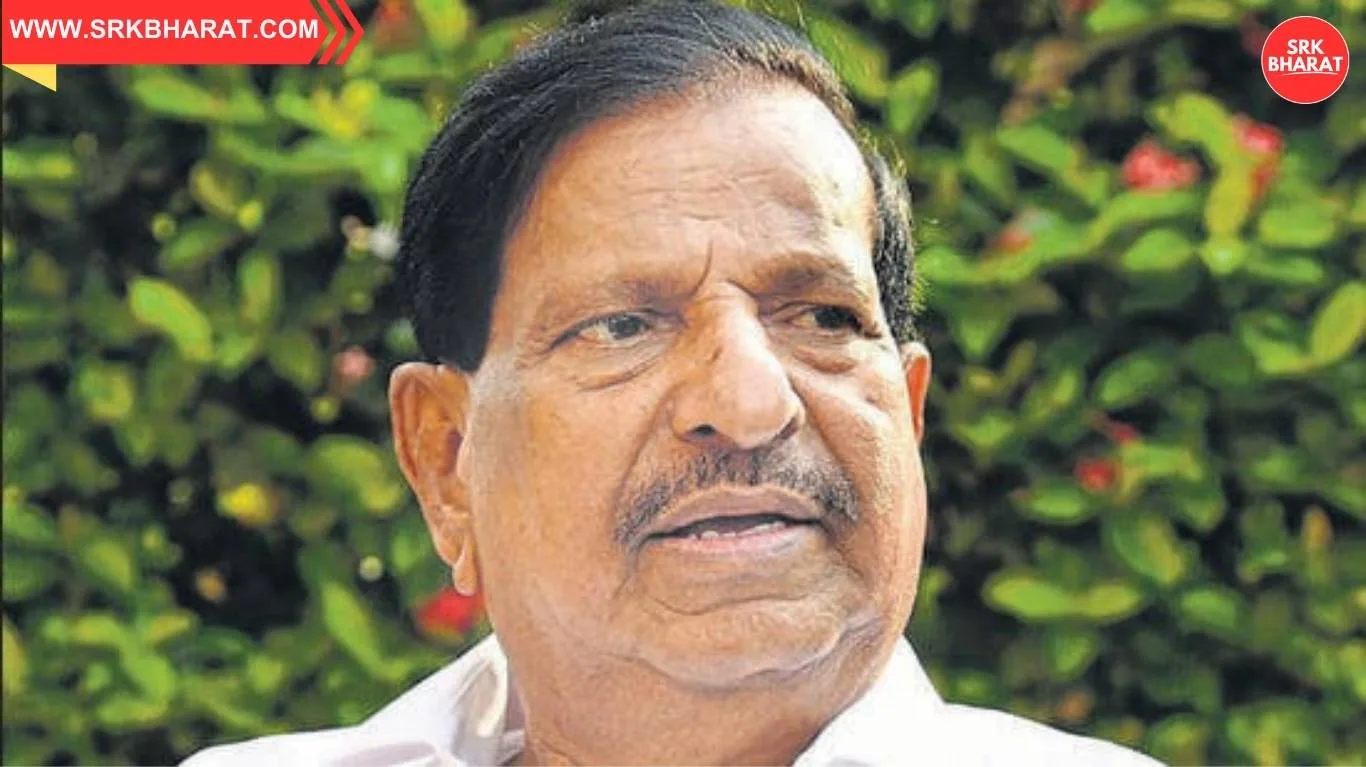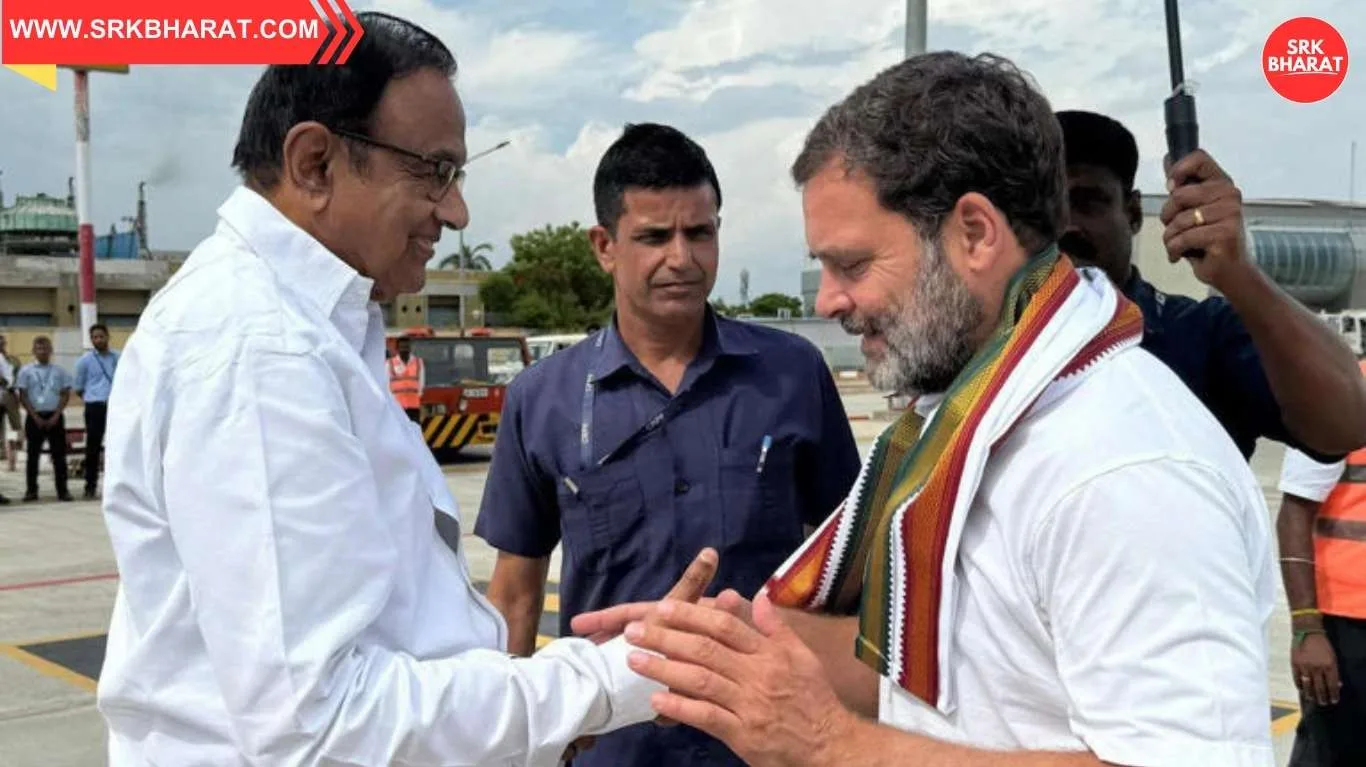In West Bengal’s highly charged political landscape, the term “free and fair elections” is increasingly viewed by citizens and opposition parties alike as a myth—dismissed locally in Bengali slang as “ghorar dim”, or “horse’s egg”, which metaphorically stands for something absurd or impossible. This phrase captures the disillusionment that many feel regarding the conduct of polls in the state, particularly in the wake of recurring allegations of vote rigging, political violence, and state machinery bias.
The recent panchayat, municipal, and general elections in Bengal have thrown this issue into sharper focus. With each electoral cycle, there are reports of booth capturing, voter intimidation, ballot manipulation, and administrative inaction. Despite intervention from national constitutional authorities like the Election Commission of India (ECI) and occasional deployment of central forces, a culture of impunity around electoral misconduct appears to persist—casting serious doubts over the credibility of democratic processes in the state.
Election Violence: A Recurring Reality in Bengal
West Bengal has a long history of politically driven violence, with elections often becoming flashpoints for clashes between cadres of rival parties. The state has seen this trend across party lines, from the Left Front regime to the current Trinamool Congress (TMC) government.
| Election Year | Type of Election | Reported Incidents of Violence | Casualties | Forces Deployed |
|---|---|---|---|---|
| 2018 | Panchayat | Over 700 | 40+ | State Police only |
| 2019 | Lok Sabha | 300+ | 15 | Central Forces |
| 2021 | Assembly | 600+ | 40+ | CAPF + State Police |
| 2023 | Panchayat | 1000+ | 50+ | CAPF (Limited) |
While the 2021 Assembly elections were conducted under the tight watch of central paramilitary forces and the ECI, they still witnessed widespread pre- and post-poll violence. Many opposition leaders and independent observers accused the ruling dispensation of systematically undermining fair practices through state-sponsored suppression.
Allegations Against the State Administration
The ruling Trinamool Congress has been repeatedly accused of leveraging state institutions—such as the police, panchayat officials, and district administration—to tilt the playing field. Several opposition parties, including the Bharatiya Janata Party (BJP), Indian National Congress, and CPI(M), claim the following:
- Biased deployment of police that detains opposition workers before polling day
- Suppression of complaints related to electoral malpractice at the district level
- Use of local goons and party cadres to create fear among voters, especially in rural belts
- Obstruction of central force deployment, despite ECI instructions
- Manipulation of voter rolls and booth-level officers under local influence
Despite court interventions and repeated directions from constitutional authorities, effective deterrents against these practices remain largely absent or diluted in implementation.
ECI’s Role and Limitations
The Election Commission of India, while constitutionally empowered to conduct elections independently, often finds itself constrained by state-level implementation hurdles in West Bengal. Though the ECI can direct the deployment of central forces, the logistics, cooperation from local administration, and enforcement of law and order still rely on state authorities.
Several election observers have pointed out that:
- ECI’s recommendations are often ignored or delayed by local officials
- Central forces face restrictions on mobility, are confined to route marches, and not allowed inside polling booths in certain districts
- Booth-level officials often report pressure from local political actors
In rural Bengal, particularly in districts such as Birbhum, Murshidabad, Cooch Behar, and South 24 Parganas, reports of strong-arm tactics by ruling party workers and preemptive strikes against opposition campaigners have become common during every election cycle.
Voter Confidence: Declining with Every Poll
A fundamental pillar of democracy is voter confidence in the process. However, in West Bengal, surveys and public opinion studies have shown a worrying decline in trust in the fairness of elections.
| Year | Percentage of Voters Believing Elections Were Free & Fair |
|---|---|
| 2014 | 74% |
| 2016 | 62% |
| 2019 | 49% |
| 2021 | 43% |
| 2023 | 37% |
This dip is most prominent in rural and semi-urban pockets, where voters feel either coerced into voting for specific parties or dissuaded from casting votes altogether due to fear of backlash or violence.
Ground Reports: The Voter’s Voice
In recent elections, widespread videos and testimonies emerged from villagers in East Midnapore, Nadia, and North 24 Parganas, showing ballot boxes being tampered with, women voters being threatened, and polling agents of opposition parties being thrown out of booths. Though the State Election Commission (SEC) occasionally recommends re-polling in select booths, the scale of alleged manipulation far exceeds the corrective measures.
One villager in Canning said, “Voting has become an act of courage. People here don’t choose parties anymore; they choose safety over suffrage.”
Judicial Interventions and Their Impact
The Calcutta High Court has, on multiple occasions, taken suo motu cognizance of poll-related violence. In 2023, it directed the deployment of central forces in panchayat elections, stating that local law enforcement had failed to maintain order. However, judicial pronouncements often come late in the day, by which time the damage is already done.
Legal experts argue that a constitutional amendment might be required to vest ECI with direct command over local law enforcement during elections to ensure accountability and integrity.
Political Culture: A Systemic Malaise
What makes the situation in West Bengal particularly dire is the normalization of electoral malpractice. Political violence has become so deeply embedded in the state’s political culture that many see it as a feature—not a bug—of Bengal’s democracy.
Unlike other Indian states where electoral violence has declined, Bengal continues to defy this trend. Political scientists describe this as a legacy of militant cadre-based politics, where power flows from control over local governance and intimidation plays a key role in asserting dominance.
Road Ahead: Is Electoral Reform the Answer?
Experts recommend the following to restore electoral sanctity in West Bengal:
- Strengthening ECI’s autonomy and enforcement powers
- Permanent paramilitary presence in poll-prone areas during election windows
- Technology-driven monitoring like live CCTV feed in polling booths
- Independent observer panels that include citizens, retired judges, and civil society
- Strict accountability of district officials, with removal from duty for non-compliance
Without systemic reform, mere legal or administrative interventions may fail to uproot the deeply entrenched nexus between politics and violence in Bengal.
Conclusion
The idea of a “free and fair election” in West Bengal is, as locals aptly phrase it, ghorar dim—a surreal ideal far removed from ground reality. Until voter safety, administrative neutrality, and institutional accountability become non-negotiable principles in practice—not just on paper—Bengal’s elections may continue to be shadowed by fear, coercion, and controversy.
As one former election observer remarked, “Bengal doesn’t need more polling booths; it needs more courage in governance.”
Disclaimer:
This article is intended to provide an analytical and journalistic overview of the electoral situation in West Bengal. The views expressed are based on public reports, interviews, and electoral data. No part of this article is meant to defame or accuse any political party or institution without substantiated evidence. Readers are advised to consider multiple sources before forming conclusions.

